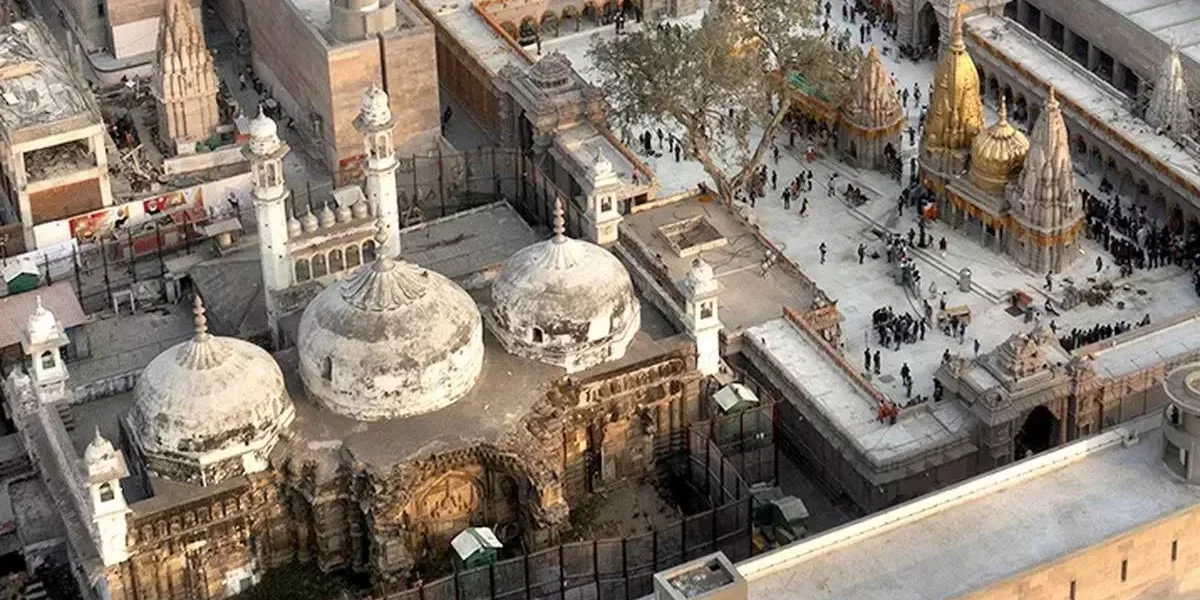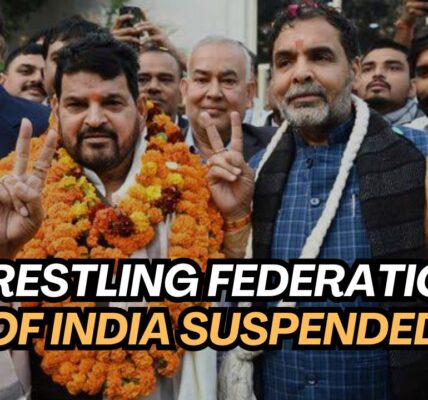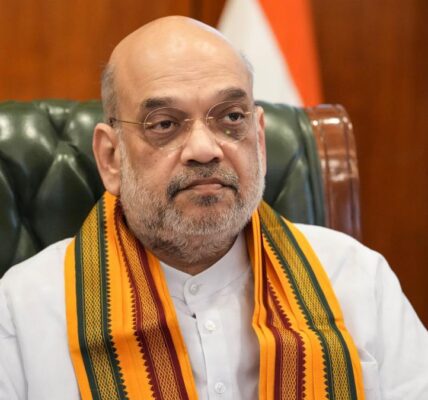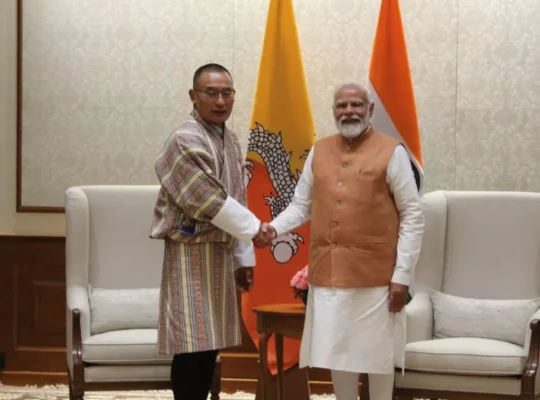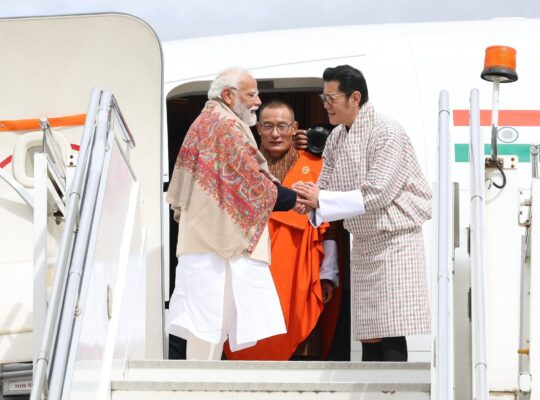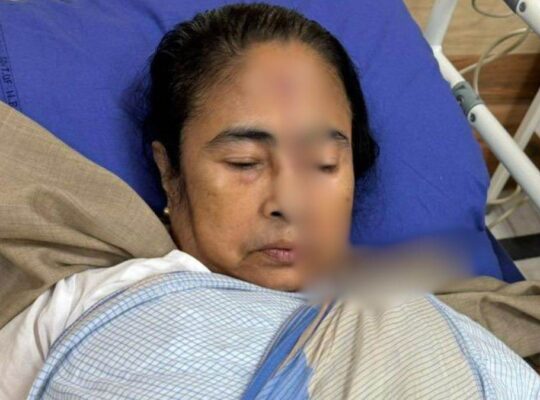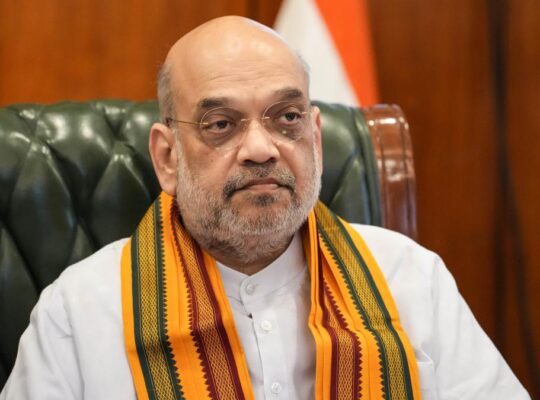The Gyanvapi Case: The Varanasi Gyanvapi case has now been resolved. The court has granted the Hindu side the right to perform worship. Following the court’s order, the Vyasa family can now perform worship in the temple premises. Worship had been restricted here since 1993. After the disputed structure in Ayodhya was demolished, the Mulayam government had barricaded the Gyanvapi complex. Now, after 30 years, worship can resume in the Gyanvapi complex. Let’s delve into the story from the beginning of the religious conflict at this site up to the present.
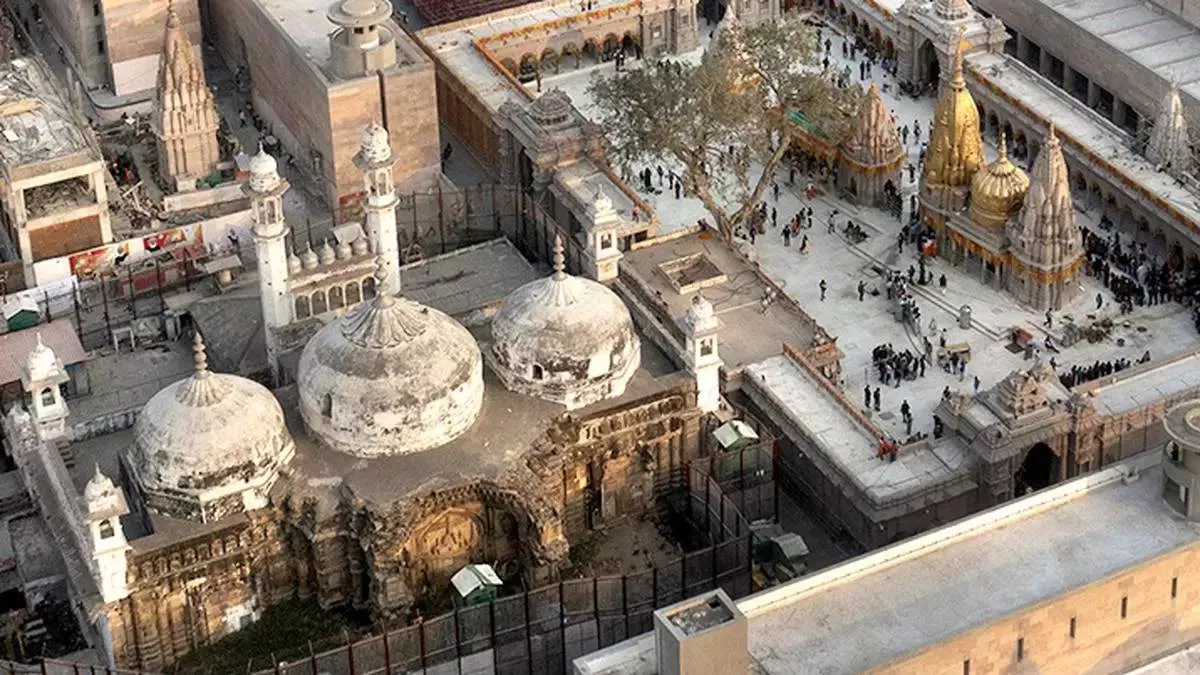
Court’s Directive
Last year, on July 21, the Varanasi District Court directed the Archaeological Survey of India (ASI) to conduct a detailed scientific survey of the Gyanvapi complex’s basement. The directive aimed to determine whether the construction of Gyanvapi adjacent to the Kashi Vishwanath Temple was done on the temple. In December of last year, the ASI submitted the survey report sealed in an envelope to the court.
Approval of the Woman Petitioner
After the Supreme Court’s order last week, a thorough cleaning of the Gyanvapi premises’ basement took place under the supervision of the Varanasi District Magistrate. The woman petitioner had requested permission to clean the water tank in her petition. On January 16, the Supreme Court had approved the woman petitioner’s request.
Everything About the Gyanvapi Mosque
The Gyanvapi complex has been a subject of legal and historical debate for a long time. The Hindu side has always claimed that the construction of Gyanvapi was done over the ruined part of the Kashi Vishwanath Temple. Gyanvapi is situated near the Kashi Vishwanath Temple, and legal battles began when a group of women demanded permission for daily worship and rituals on the outer walls of Gyanvapi. Several petitions related to the Gyanvapi Mosque case have been filed in the Supreme Court, Allahabad High Court, and Varanasi Court. The original case is pending in the High Court, while 18 related petitions are filed in different courts of Varanasi.
How Did the Gyanvapi Case Start?
– In October 1991, a petition was filed in the Varanasi Civil Court by the self-proclaimed Jyotirlinga deity Lord Vishweshwar and five others. The petition sought the restoration of Gyanvapi land. It also demanded the removal of Muslims from the premises and the destruction of the mosque.
– In 1991, the petitioners claimed that Aurangzeb had ordered the destruction of a part of the Kashi Vishwanath Temple in the 16th century to build the mosque.
– In 1997, the Varanasi Civil Court ruled during the hearing of the petition that the case was not maintainable under the ‘Places of Worship (Special Provisions) Act, 1991.’ After that, both the temple and the mosque parties filed multiple review petitions before the district court.
– In 1998, the district judge consolidated all the petitions and ordered the resolution of the dispute afresh after considering all the evidence. However, when the case reached the High Court, a stay was imposed on the orders of the Varanasi District Court. This stay continued for 22 years, and the High Court kept extending it.
– In 2020, the petitioner knocked on the doors of the Varanasi Civil Court to reopen the case, which had been under a stay since 1998. Referring to the Supreme Court’s order in 2018, stating that there should be improvement in the status quo order every six months, the petitioner emphasized that it was not happening in this case. The Civil Court expressed its agreement to reopen the case.
– In 2021, the Allahabad High Court stayed the proceedings on the resolution of the Kashi Vishwanath Temple-Gyanvapi Mosque case in the Varanasi Court. After that, in 2021, five Hindu women filed a third petition. In this petition, they sought permission to offer daily prayers in a temple behind the western wall of the mosque and protection for the idols. In 2022, the Varanasi Court heard these five women’s petition.
– The Varanasi Court appointed advocate commissioner Ajay Kumar Mishra to survey the site, record the video, and prepare a report. The Hindu side claimed that during the survey, the survey team found a ‘Shivling’ in the ‘Vazukhana’ in the mosque premises. The survey of Gyanvapi was completed on May 16. In the case, the Hindu side claimed that a ‘Shivling’ was found inside a ‘Jalashay’ in the mosque premises during the survey. On the other hand, the Muslim side rejected the Hindu side’s claims, stating that it was just a ‘fountain.’
– Last year, on December 18, the Archaeological Survey of India (ASI) submitted its report on the scientific survey of the Gyanvapi Mosque premises to the Varanasi District Court. Now, the Varanasi Court has announced its decision on Wednesday (31-01-2024), allowing the Vyasa family to worship in the basement of the Gyanvapi complex.
Also Read: Rahul Gandhi’s Convoy Attacked In West Bengal: Congress Clarifies Amidst Nyay Yatra

